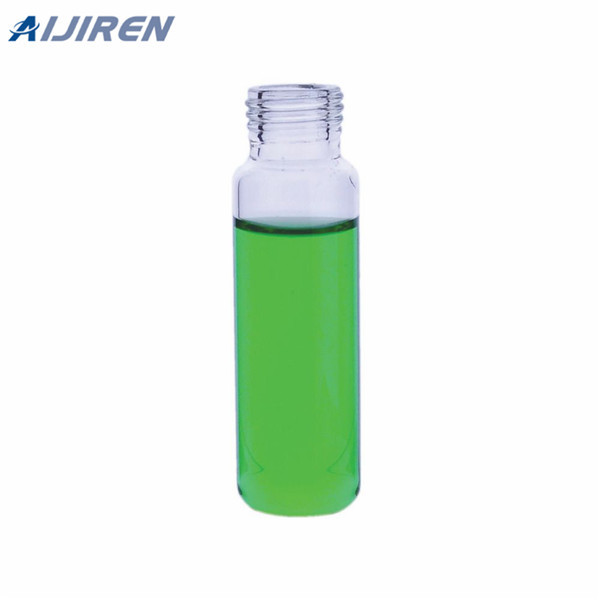
This section offers test methodology guidance for needle and spike functionality tests of various container–closure system types. Packaging systems intended for injectable products that permit dosage form access by way of needle or spike insertion are required to allow for safe and effective.
.jpg)
On the left is a picture of an acceptable quality seal, and on the right is an unacceptable seal from a visual quality or cosmetic standpoint. Typically it is a combination of a sealing process that has been validated through the use of an appropriate CCI method and an acceptable cosmetic appearance that qualifies a package for use. Unacceptable
.jpg)
Oct 21, 2002 · A method according to claim 10 or claim II, wherein the sealing material is thermally activated to form a seal, and the pressing step comprises applying heat to the sealing material so as to effect the thermally activated seal. 18. A method according to claim 10 or claim 11, wherein the sealing material is bonded to the container by ultrasonic
.jpg)
Vial Closing Methods: Serum or Lyo stopper options: Vial Sealing Methods: Press-fit capping; crimping available with optional Vial Sealing Module: Syringe / Cartridge Closing Method: Vacuum, Vent-Tube and Vent/Vac Combo: Barrier System: Laminar Airflow Hood (LAF) Materials of Construction: Pharmaceutical grade stainless steel, plastics, and
.jpg)
Residual Seal Force (RSF) is an evaluation of the quality of this seal. The glass vials subjected to RSF evaluation are used exclusively within the healthcare industry. A perfect example of the importance of RSF testing is the COVID-19 vaccine: some of the vaccines need to be stored at extremely cold temperatures in order to remain effective.
.jpg)
Historically, probabilistic container closure integrity test methods such as water bath, dye, and microbial ingress tests have been used to determine package quality. These tests are limited in their effectiveness and reliability for several reasons. Chief among them are the subjectivity of the results, the lack of standardization, and the lack
.jpg)
filled vials. The objective of the test is to determine whether the machine is able to seal the Vial with aluminum seal properly. 11.2.2 Checks for machine: Proper Sealing (Vacuum Leak Test) Proper Crimping Breakage of Flip off Seals Cut on Aluminium Seals Aluminium seal Rotation 11.2.3 Test & Method:
.jpg)
Following a 30-min sample conditioning cycle, a significant amount of CO2 had ingressed into the defective vials. Figure 2 shows the resulting data of tests conducted with empty vials and vials filled with water. The data illustrates that robust CCI method development and method validation can be done to define appropriate CCIT methods using
.jpg)
Multiple dose containers for therapeutic solutions are commonly used in the pharmaceutical art. vials holding sufficient liquid for more than one dose of the container liquid. The vial is closed by a self sealing stopper, through which the hypodermic cannula is inserted to withdraw, as by a syringe, a standard dose of the medicine.
.jpg)
Jan 19, 2018 · This paper investigates a new double sealing technique for increasing the precision of the headspace gas chromatographic method. The air leakage problem caused by the high pressure in the headspace vial during the headspace sampling process has a great impact to the measurement precision in the conventional headspace analysis (i.e., single sealing technique).
.jpg)
The method of claim 1 wherein said vials are taken to a location for further processing. 6. The method of claim 5 wherein said further processing comprises securing a locking member over the closures to form a permanent seal for said vials. 7. The method of claim 1 wherein said membrane comprises Gore-tex® fabric.
.jpg)
Vial Sizes: 2mL to 50mL (ISO 2R – 50R) Syringe Sizes: 0.5mL to 50mL: Cartridge Sizes: 1mL to 20mL: Production Rate: Up to 100upm: Dispense Options: Peristaltic & Rotary Piston: Filling Accuracy: Up to ±0.5%: Vial Closing Methods: Serum or Lyo stopper options: Vial Sealing Methods: Crimp or Press-fit capping options: Syringe / Cartridge
.jpg)
Seal Method.” This paper explains the differences, benefits, and constraints of using each method. Tip Seal Method The Tip Seal Method (a.k.a. Bead Seal Method) involves melting the glass at the top of the ampule downward. The ampule is constantly spinning during the sealing process to create a rounded, hemispherical seal. The Ampulmatic-10
.jpg)
Dec 1, 2017 · Disc-style crimping offers a more consistent, commonly used method. In this method, a pressure block applies an appropriate and uniform pressure onto the vial, stopper and seal. A disc then gently and consistently tucks the aluminum under the flange of the vial crown, securing the seal. Properly sealed vials are essential as they help to